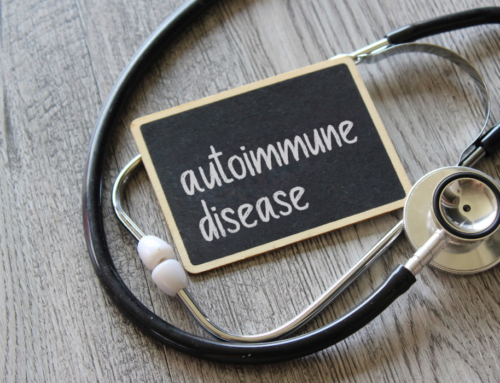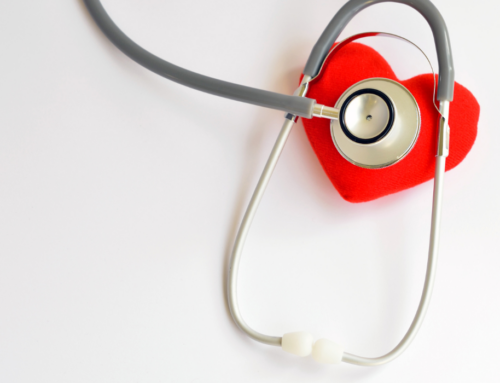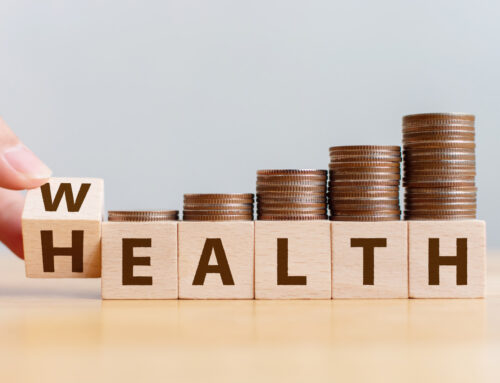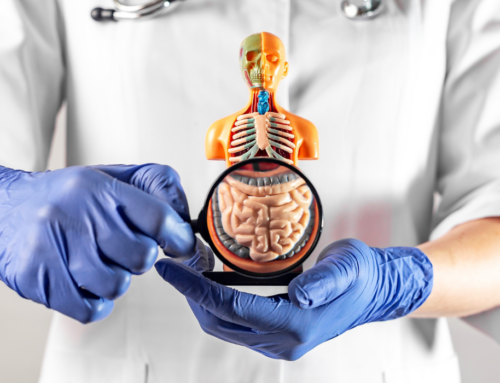
Beyond Covid-19—Maximizing Your Healthspan
While our normal lives and routines are in upheaval, it’s important to consider what we want for our futures, especially our health.
As you age, what do you hold most important- friends & family, spending time outdoors, travel, career, learning new things, creative pursuits, serving others?
This is where the concept of healthspan comes in. The simplest definition of healthspan is the period of life spent in good health that is free of chronic disease and the disabilities of aging.
In other words, healthspan is aging with vitality and grace.
So how can you maximize healthspan? Here are the top 10 things you can do.
- Maintain a diet rich in vegetables, fruits, and whole grains and limit processed & fast foods, sodas, sugar, and animal protein. A plant based diet reduces inflammation in your body, boosts your immune system, and decreases your risk of CVD and diabetes.
- Maintain moderate physical activity by doing activities you enjoy. Incorporate balance and core strength training as you age. This helps strengthen bones and decreases fracture risk from falls as we age.
- Maintain a healthy weight. Being overweight/obese is associated with multiple chronic diseases, especially as we age.
- Understand optimal eating patterns– why, when, and how much to eat. For instance, time restricted eating allows your body to reset overnight. By not having to process sugar constantly, insulin function improves and the risk of diabetes goes down. To learn more about time restricted eating and fasting, consider reading: The Longevity Diet by Dr. Valter Longo, Lifespan by David Sinclair, Ph.D., and The Complete Guide to Fasting by Dr. Jason Fung.
- Manage stress. Mindfulness and meditation work to calm your cortisol response and vagus nerve. Even a couple of minutes a day has benefits. There are multiple apps out there to help get you started, such as Calm, 10% Happier, Headspace, and Waking Up.
- Improve your sleep. Sleep is key for brain and body restoration. Set a regular schedule for bedtime and do not use your computer, phone, iPad, TV, or other device in bed. Disconnect from electronics 30-60 minutes before bedtime. Sleep in a cool, dark room. Watch this TED talk from sleep expert Matthew Walker.
- Identify health risks early. Know your numbers, especially cholesterol, blood pressure, sugar (glucose), and other inflammatory markers. Know your family history. Many risk factors are modifiable and reversible.
- Screen appropriately for illnesses and cancers. Stay up to date with mammograms for breast cancer screening and colon cancer screening, such as colonoscopy or Cologuard.
- Know your hormones. As we age, our hormones decrease and change, which has negative effects on our overall health and increases our risk of getting chronic disease. There are easy ways to evaluate hormone levels as well as safe, effective ways to balance and supplement them.
- Research your supplements. There are millions of products out there touting all kinds of health benefits. The supplement industry is not regulated by the FDA, so buyer beware. Consider talking with a functional medicine doctor to figure out what is right for you.
At Companion Health, we’re here for you to help you on your Healthspan journey. Call us at 704-360-5018 or email me directly at [email protected] to start.
References:
1) Geroscience 2018, Aug; 40 (4): 361-364. How Healthy is the Healthspan Concept? M. Kaeberlein.
2) Biogerentology 2017; 18 (4): 429-432. The Future of Ageing: Not More of the Same. Ewa Sileora, et.al.
This is for general informational purposes only and does not constitute any practice of medicine or professional health care services of any type. The use of information on this blog is at the user’s own risk. The content of this blog is not intended to be a substitute for professional medical advice, for diagnosis, or for treatment. Please seek the care of your health care professionals for any questions or concerns.








